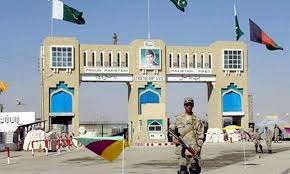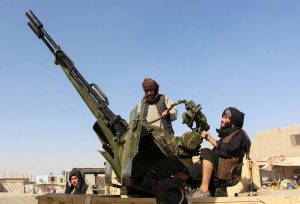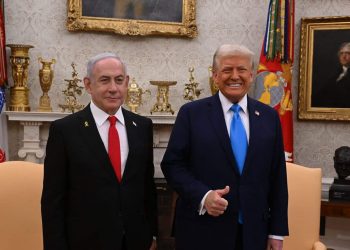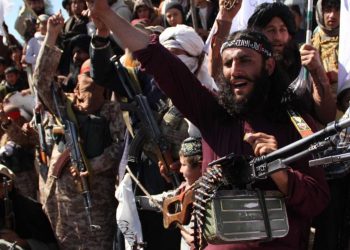Islamabad/Kabul| Tensions flared once again on Wednesday morning along the Pakistan–Afghanistan border, as clashes broke out between security forces of both nations near Spin Boldak district in Afghanistan and Chaman region in Pakistan. Each side blamed the other for initiating the violence without provocation.
According to the Pakistan Army, Afghan Taliban forces destroyed the “Friendship Gate” — a key trade crossing connecting Chaman and Spin Boldak — severely disrupting cross-border commerce. The Afghan side, however, alleged that Pakistan had opened fire first, prompting retaliation.
Amid escalating hostilities, Afghan official Abdul Haq Hamad claimed that Pakistan has requested mediation from Qatar and Saudi Arabia to ease tensions. Later in the evening, Pakistan’s Ministry of Foreign Affairs announced a 48-hour temporary ceasefire agreed upon by both sides.Security analysts have warned that the situation remains highly volatile. They say that unless trust is quickly restored, the conflict could threaten the stability of the broader region.
Background: The Real Cause of the Conflict — TTP
1. What is the dispute between Pakistan and the Afghan Taliban?
Pakistan accuses the Afghan Taliban of sheltering the Tehrik-e-Taliban Pakistan (TTP) — a militant group responsible for carrying out attacks inside Pakistan from Afghan territory. Islamabad claims that this is the core reason behind the ongoing tensions.
2. What has TTP done so far?
Over the past 15 years, the TTP has carried out hundreds of terrorist attacks in Pakistan, including the 2014 Peshawar Army Public School massacre, which killed 132 children.
3. What is TTP’s objective?
The group aims to establish a Taliban-style Islamic regime in Pakistan, similar to the one currently ruling Afghanistan.
4. Where is TTP most active?
The group operates mainly in Khyber Pakhtunkhwa province and its adjoining tribal border regions.
5. Why did tensions escalate now?
In recent weeks, TTP attacks in Pakistan have surged, prompting Pakistan to launch airstrikes inside Afghan territory, further straining relations between the two neighbors.
Political analyst Mian Gul Samakni observed that the Pakistani military’s dominance over the civilian government often hampers diplomatic efforts. “Whenever the government tries to improve ties, the army’s hostile actions undo the progress,” he said.








Discussion about this post